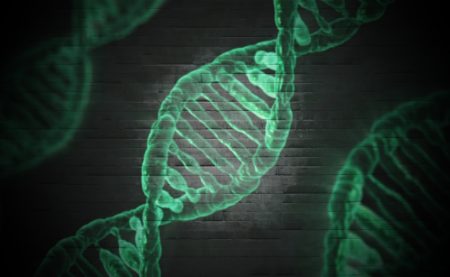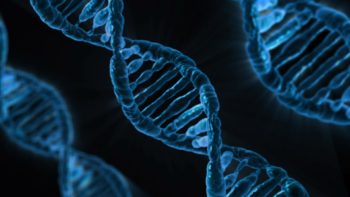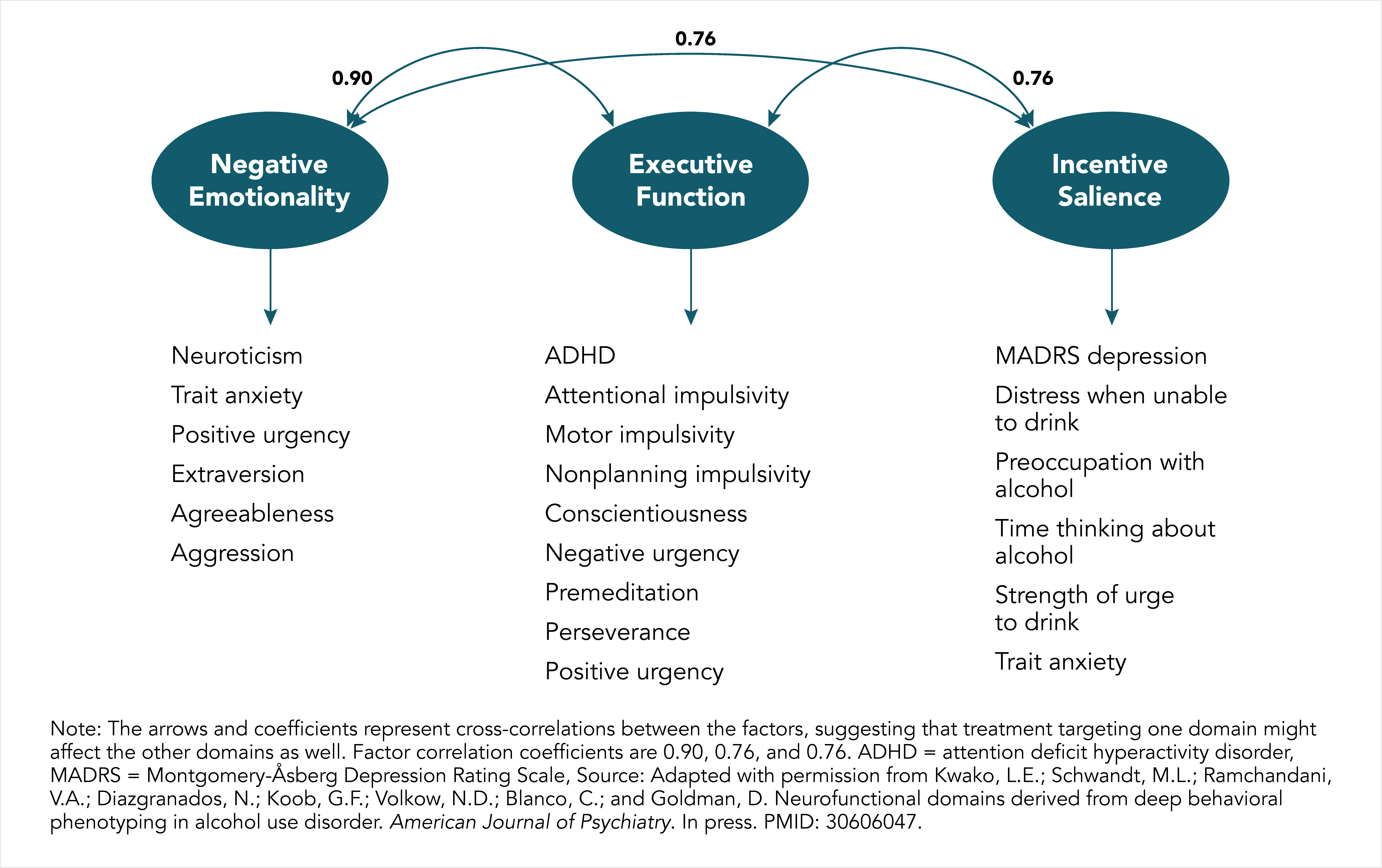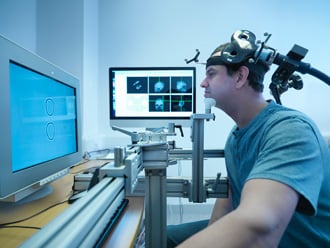Study Identifies Genetic Variant that May Contribute to Alcohol and Drug Addiction
People with a genetic variant of a neurotransmitter gene may have an increased risk of addiction to alcohol and other substances later in life if they were exposed to childhood stress, such as divorce or emotionally distant parents, and other adverse experiences, according to recent research. The study led by researchers at the University of … Read more



